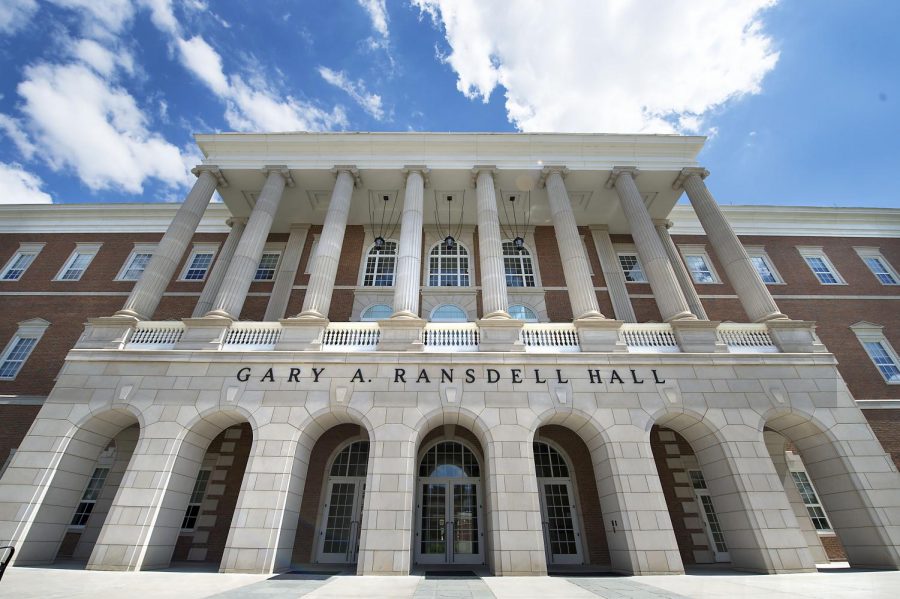Salaries not a priority?
August 6, 2015
At the end of June the Board of Regents approved the 2015-2016 fiscal year budget, which included a total of $7.9 million in budget cuts and reallocations across all university departments. Just over a month after the budget’s approval, staff regent Tamela Smith says students, faculty and staff will begin to feel the repercussions.
Smith was sworn into the board after the budget’s approval, but is very aware of the cuts that were made and conscious of the impact they will have.
“I wasn’t on the board when that happened, but I am very familiar with it and yeah that was tough — and we are going to start to feel those impacts moving forward.”
Academic Affairs took $5.5 million in cuts from the total of $7.9 million that needed trimming for reallocation.
This raised questions among faculty and staff as to where WKU’s priorities have been placed — the university just hired on John Pawlowski as head baseball coach at a salary of $160,000 (roughly $35,000 more than his predecessor Matt Myers), there are major construction projects being undertaken across campus, and yet the university is taking money out of academics.
“We are upset that it had to come out of Academic Affairs, but it had to come from somewhere,” Smith said. “We should be focused on academics, and we are — that is just the way it had to be.”
The $5.5 million decrease in Academic Affairs funding is not the only point of concern either — especially to the faculty and staff that make up the university.
“I think in general, the fact that there had to be a reallocation (of $7.9 million) and the fact that we weren’t going to get raises yet again — I think that was the overall morale killer,” Smith said. “In general I think that most people are just concerned that we aren’t getting raises, and haven’t been given a raise since 2007.”
Faculty and staff received a one percent raise in July 2014, but it was far less than even an inflationary increase. Similar increases occurred in 2011-12 and 2012-13, but each time salaries were increased it did not even cover the cost of inflation.
With no significant salary increases since 2007, but a new baseball coach coming in with a notably higher salary than his predecessor’s, questions again raise over the university’s priorities.
“I think it is in general a problem for society that we put so much emphasis on sports,” Smith said. “… But they bring national and international attention to the university in ways that unfortunately academics can’t and doesn’t — which is so completely wrong — but that is reality.
“So is it disheartening to see that coaches make what they make and faculty and staff make what they make? Well, absolutely, but that is not something that is going to be changed—ever probably. Yeah it is disheartening.”
What has been viewed as disheartening to some faculty and staff, others have viewed as grounds to find employment elsewhere.
“We spoke at a staff council meeting (on August 5) that you are starting to see a brain drain amongst staff—we have staff now that are leaving for better paying positions elsewhere,” Smith said. “It used to be we had two weeks off at Christmas and other different benefits and things like that—those things that drew people to the university and kept them here aren’t enough anymore, and so we are starting to see staff leave.”
Smith said a conglomeration of issues has led to budget trimming and a lack of salary increases, namely state funding, enrollment, and retention.
“We have lost state funding in millions of dollars (since 2007), and I really think the state needs to put more priority on education and supporting the institutions of higher education,” Smith said. “I think President Ransdell has done an excellent job at making us less dependent on that, which has kept us from having worse budget cuts than we do.”
As for recruitment, enrollment and retention, Smith said she is excited about the progress the enrollment office has made over the last fiscal year.
“The university has worked hard to put people and programs in place to increase enrollment and help with retention,” Smith said. “But at some point the University is going to have to make salaries a priority, and it is difficult.”















